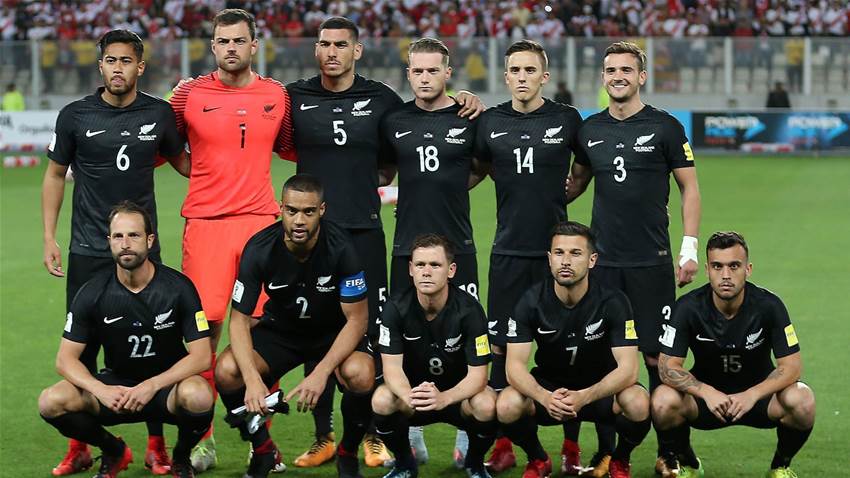It has been revealed that Burnley forward and All Whites captain Chris Wood helped broker the CBA which saw equity and parity for the Football Ferns.
“We bring in a good chunk of revenue, but we believe that revenue should be split between both men’s and women’s football," Wood told FIFPro.
“The women have been to countless World Cups and have been in the World’s top twenty for the last six years.
"They are entitled to the exact same deal as us because they do the same job as us,” he said.
The deal, which is believed to be a world first, saw equality in terms of pay, prize money, image rights and travel conditions.
Wood, who is a board member of the New Zealand Professional Footballers’ Association (NZPFA), saw how elite women footballers struggle with pay and conditions as his sister Chelsey represented New Zealand at the Under-20's World Cup in Germany.
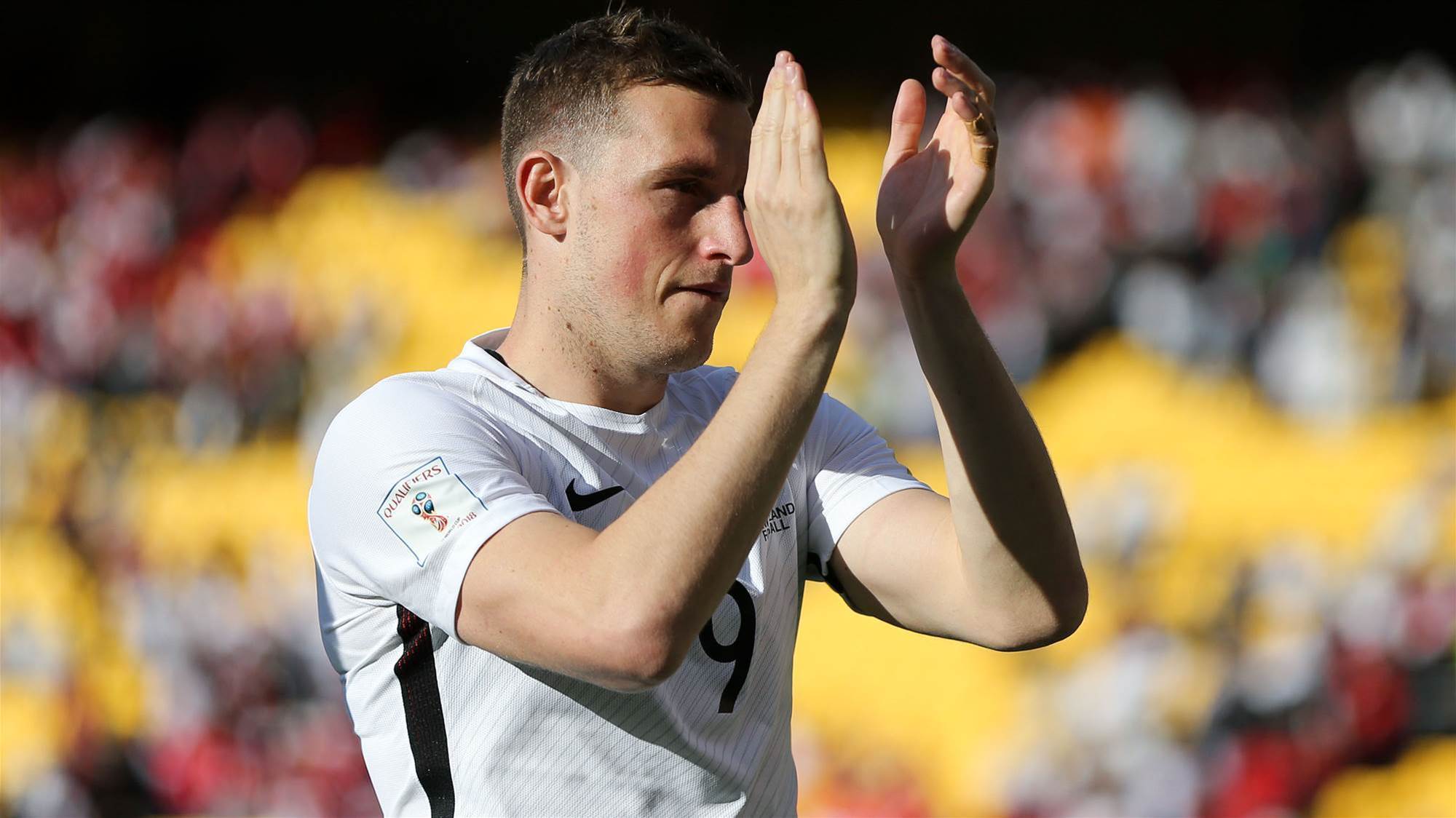 “I am just lucky that I’ve got people around me that opened my eyes to the situation,” he said.
“I am just lucky that I’ve got people around me that opened my eyes to the situation,” he said.
“Other male players don’t see the side of it unless it is forced upon them or until someone shows them.
“I have heard what the women have gone through and we wanted to make sure that they never have to do this again because it is not right," Wood said.
The deal which goes through to 2020 will also see female players to travel business class on long-haul flights for the first time.
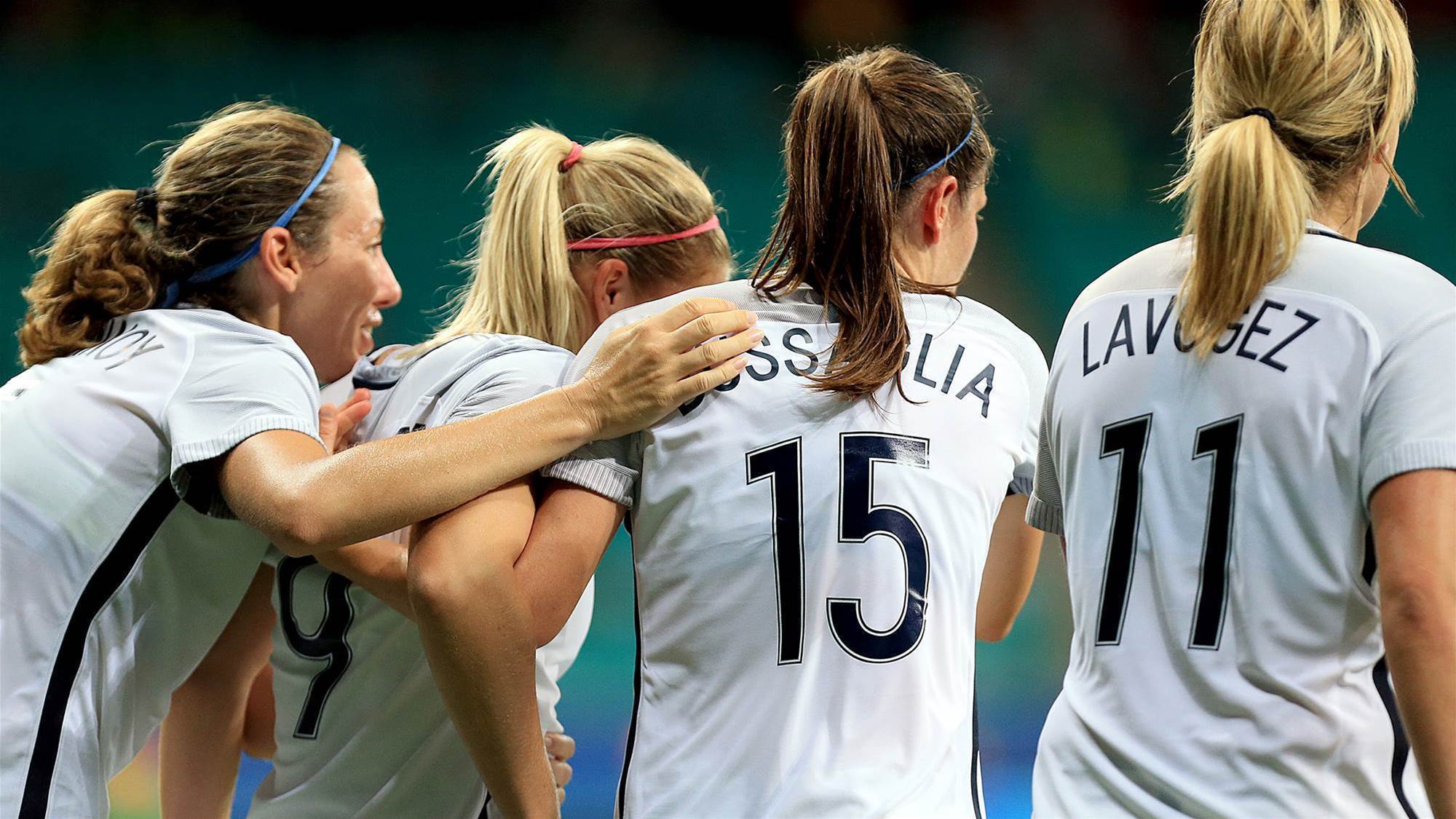 Wood convinced his teammates, who have been flying business class since the 2010 World Cup, to support the women’s request for business class travel.
Wood convinced his teammates, who have been flying business class since the 2010 World Cup, to support the women’s request for business class travel.
With some of the women’s national team players based in Europe and the U.S. they can travel up to 30 hours to reach New Zealand.
“In a few years, when we are going to have to negotiate a new deal, we don’t have to do that as 30 Football Ferns and 30 All Whites, but we will actually be doing this as 60 elite players from New Zealand speaking with one voice," striker Sarah Gregorius said.
Related Articles
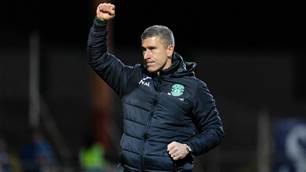
Champion A-League coach set to join Premier League giants
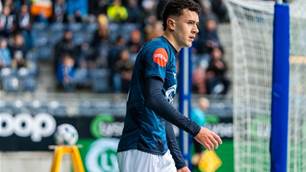
Emerging Socceroos star set to sign for MLS club

